The Benefits of Conducting Market Research
Market research is not cheap. A typical study can cost from $10,000 to $50,000, or more. So many companies wonder if they need to do the research in the first place or, if they do decide that research is necessary, would they be better off conducting the research internally.
Although research is not inexpensive, acting upon assumptions or bad information can be much more costly. And, on the positive side, not conducting research may miss business opportunities at specific customers or market segments. Two examples help to illustrate these points. PMG completed a study for a client looking at moving from the OEM automotive market to the retail market. They had been extremely successful in producing products for the automotive industry and felt they could leverage their assets and experience to sell the same type of product at retail. PMG investigated the opportunity and found that while the market was large, competition was intense and channel power was held by the retailers. Consequently, margins were extremely low – much lower than the client experienced in the automotive sector. The client decided not to enter the market and the CEO remarked that the money spent on the research was “some of the best money I ever spent.”
To the second point, PMG completed a study for a major producer of corrugated packaging. One customer in the study mentioned a new market they were entering and the resulting need for new packaging. That opportunity resulted in a $1.6 million annual piece of business. The cost of the research was far less than a sales commission on the new business.
The other common objection to commissioned research is the option to conduct research internally. As with almost anything in life, experts can make a complex process appear easy. Here are some common challenges that companies may face:
- Survey questions must be clear, unequivocal, and unbiased. Poorly constructed questions lead to confused respondents and misleading or untrustworthy data.
- Statistical calculations are based on the assumption of a random sample. A third party can assure that requirement is met. If a sample is purposefully non-random – as in many B2B studies – a third party will ensure that results provide a solid basis for managerial decision making.
- Many customers demand anonymity in a survey. A third party can provide that where an internal contact cannot.
- In market studies, respondents will understandably not share any information with a potential competitor.
- Internal survey analysis is largely limited to frequencies and cross-tabs of questions, leaving unanswered the question of, “What do we do now?” PMG has substantial experience analyzing and interpreting survey results. We know how to isolate the critical few from the trivial many. We also have normative data for comparison of customer survey data.
- Lastly, many companies require assistance in implementing findings of research. This may involve internal communication of findings, development of customer- or segment-specific action plans, training of customer service staff or sales force, or modification of strategic or business-unit operational plans.

